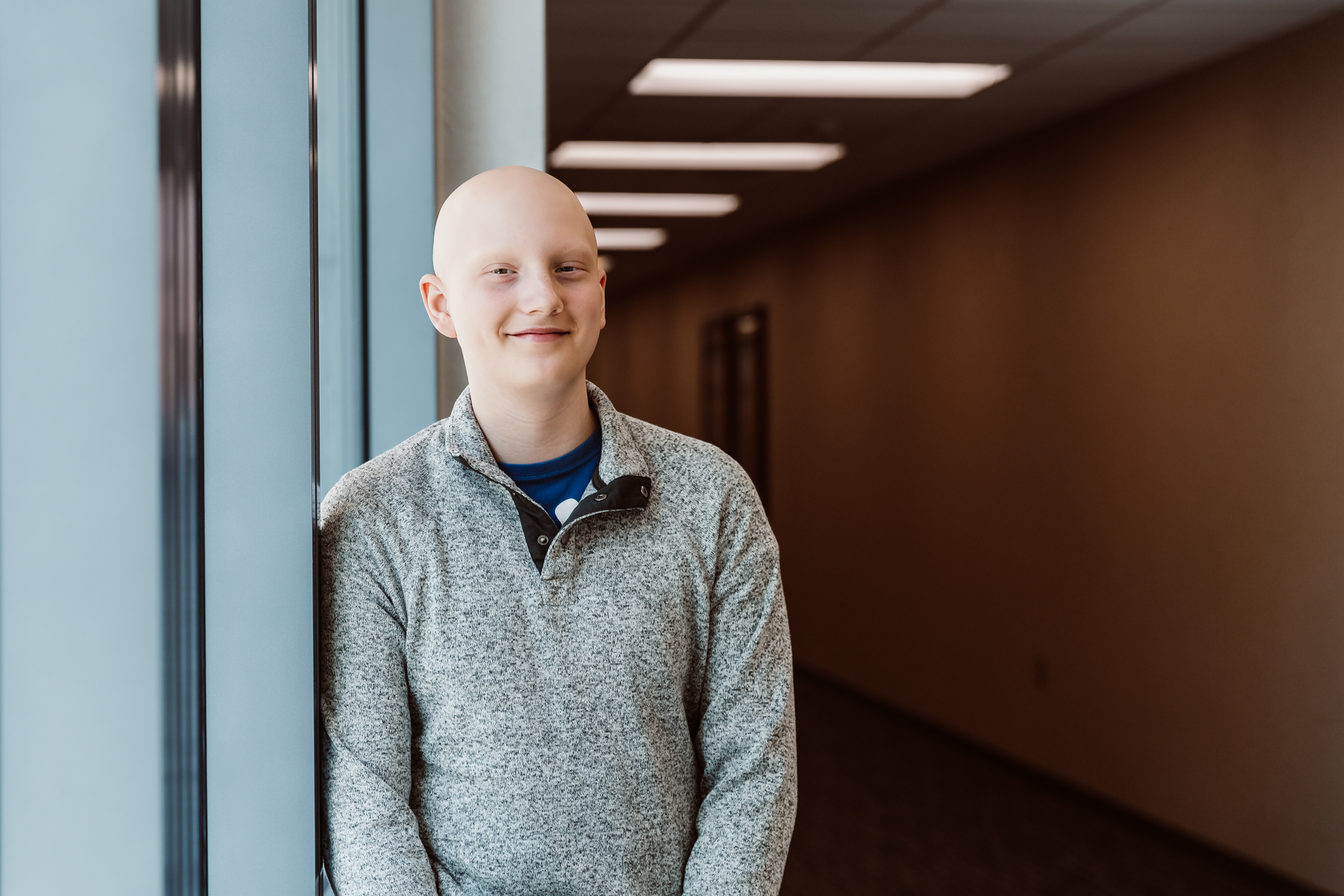
Bolton’s Bravery
With specialized, comprehensive care in hospitals tailored to the unique needs of pediatric patients, children’s hospitals help children and teens like Bolton defy the odds.
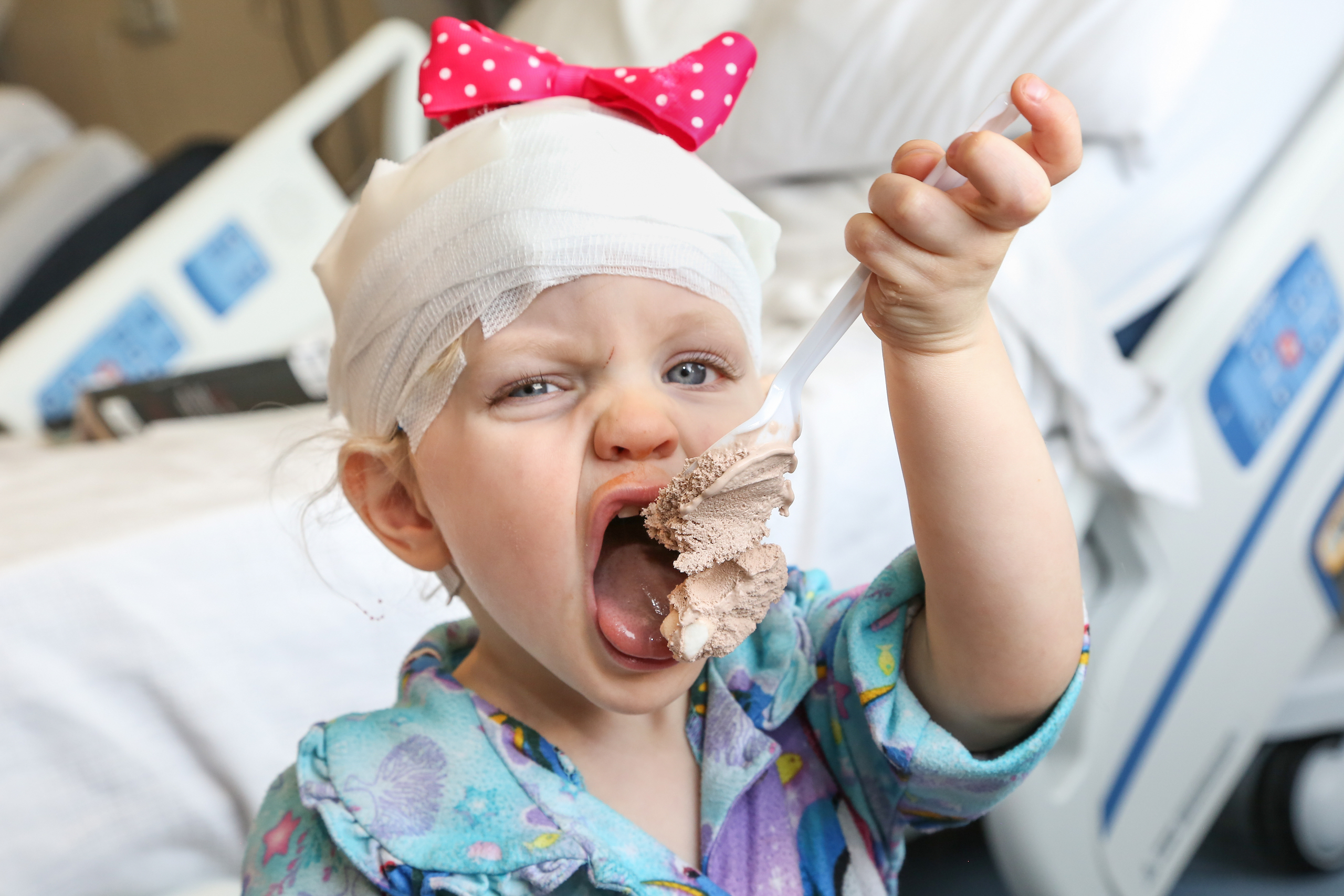
Every day, children’s hospitals help make moments possible. From providing access to the comprehensive care that children need to grow up to supporting children, teens, and their families with specialized treatment for some of the most complex illnesses. Discover more about the moments made possible by children’s hospital through patient stories from around the country.

With specialized, comprehensive care in hospitals tailored to the unique needs of pediatric patients, children’s hospitals help children and teens like Bolton defy the odds.
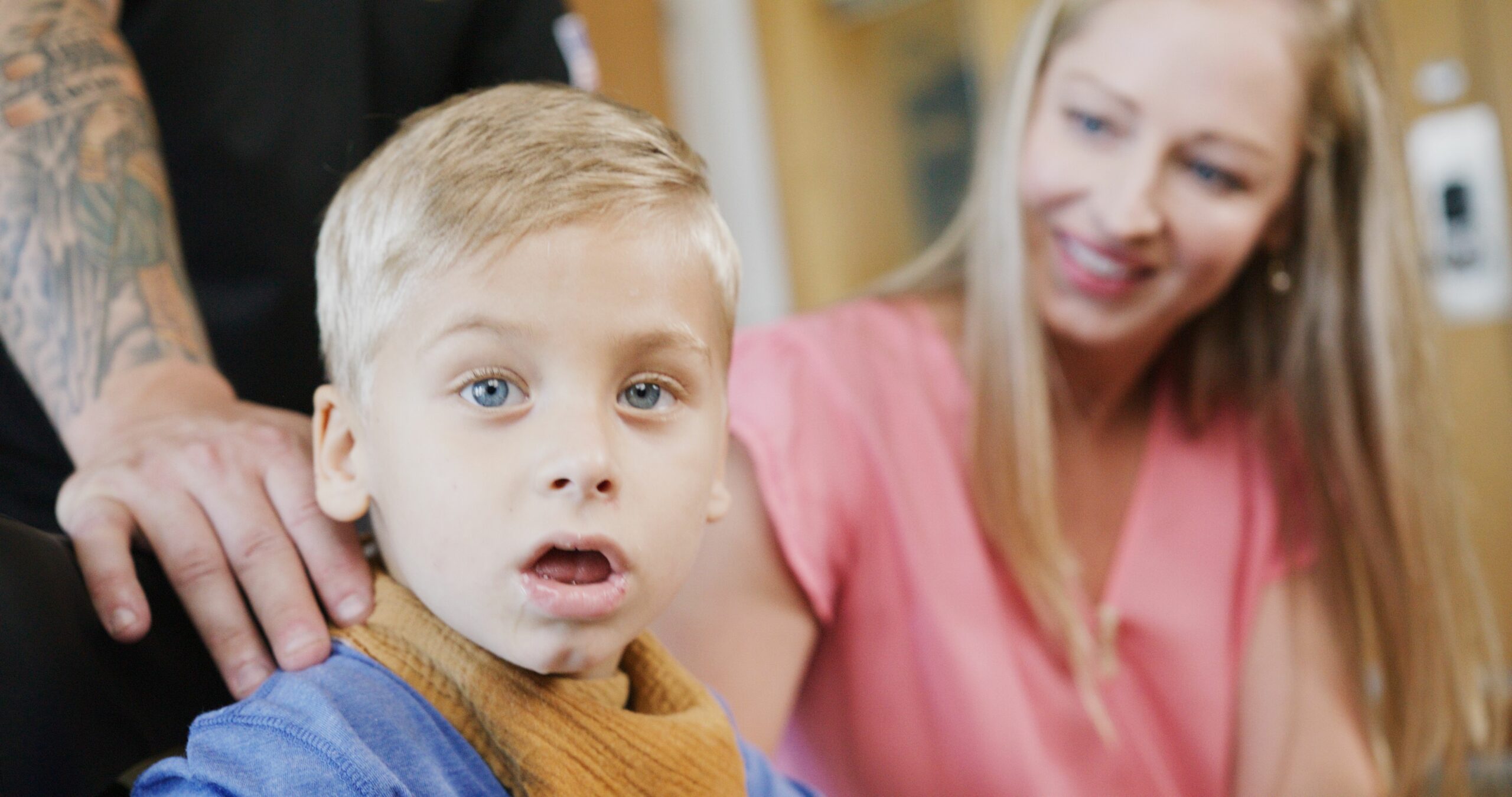
Children’s hospitals provide advanced care for the most complex conditions in environments specially designed for pediatric patients, allowing children like Isaac to thrive.
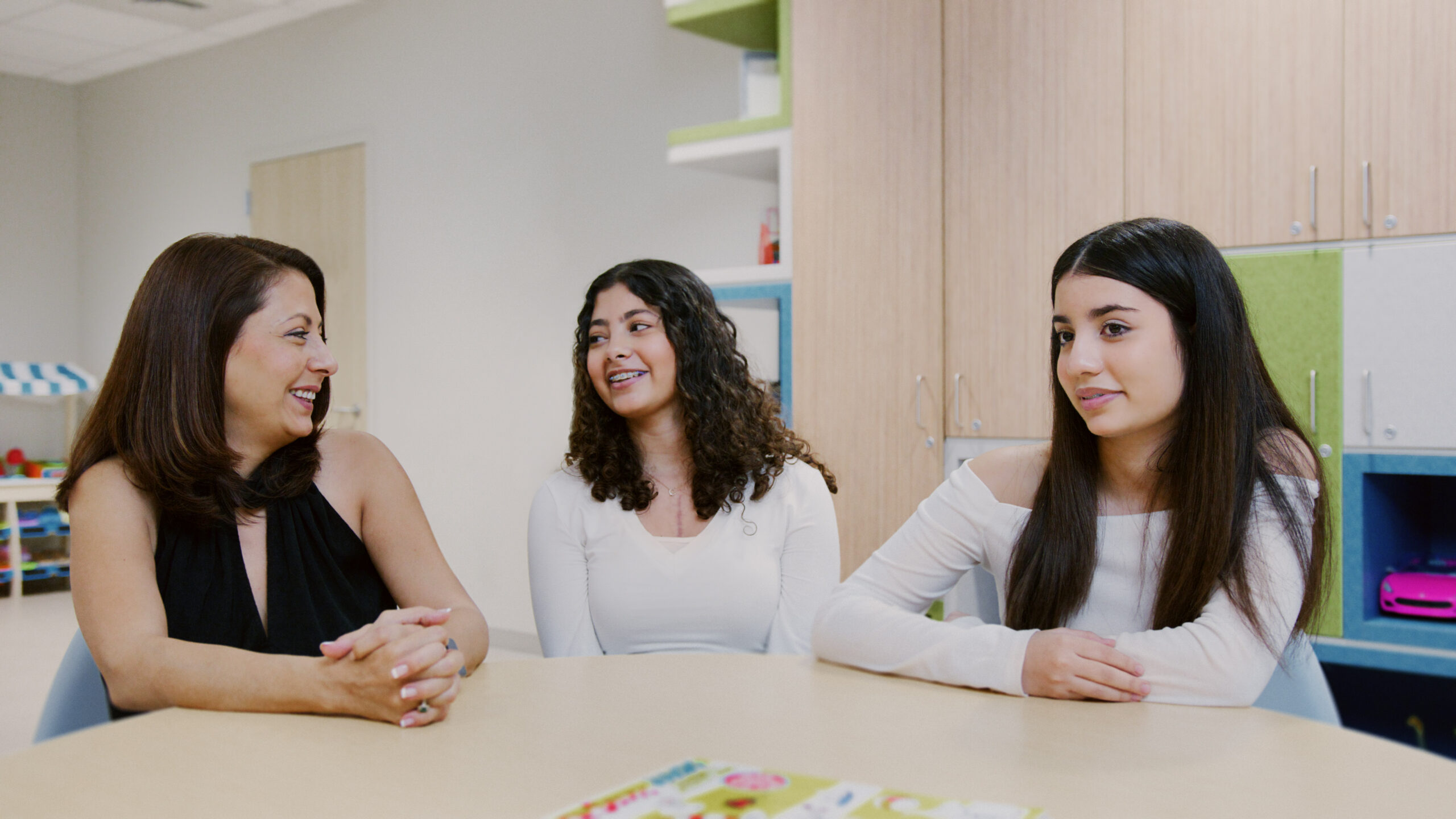
The specialized multidisciplinary teams at children’s hospitals ensure that children and teens – like Cami – can beat multiple complex conditions like cancer and heart failure.
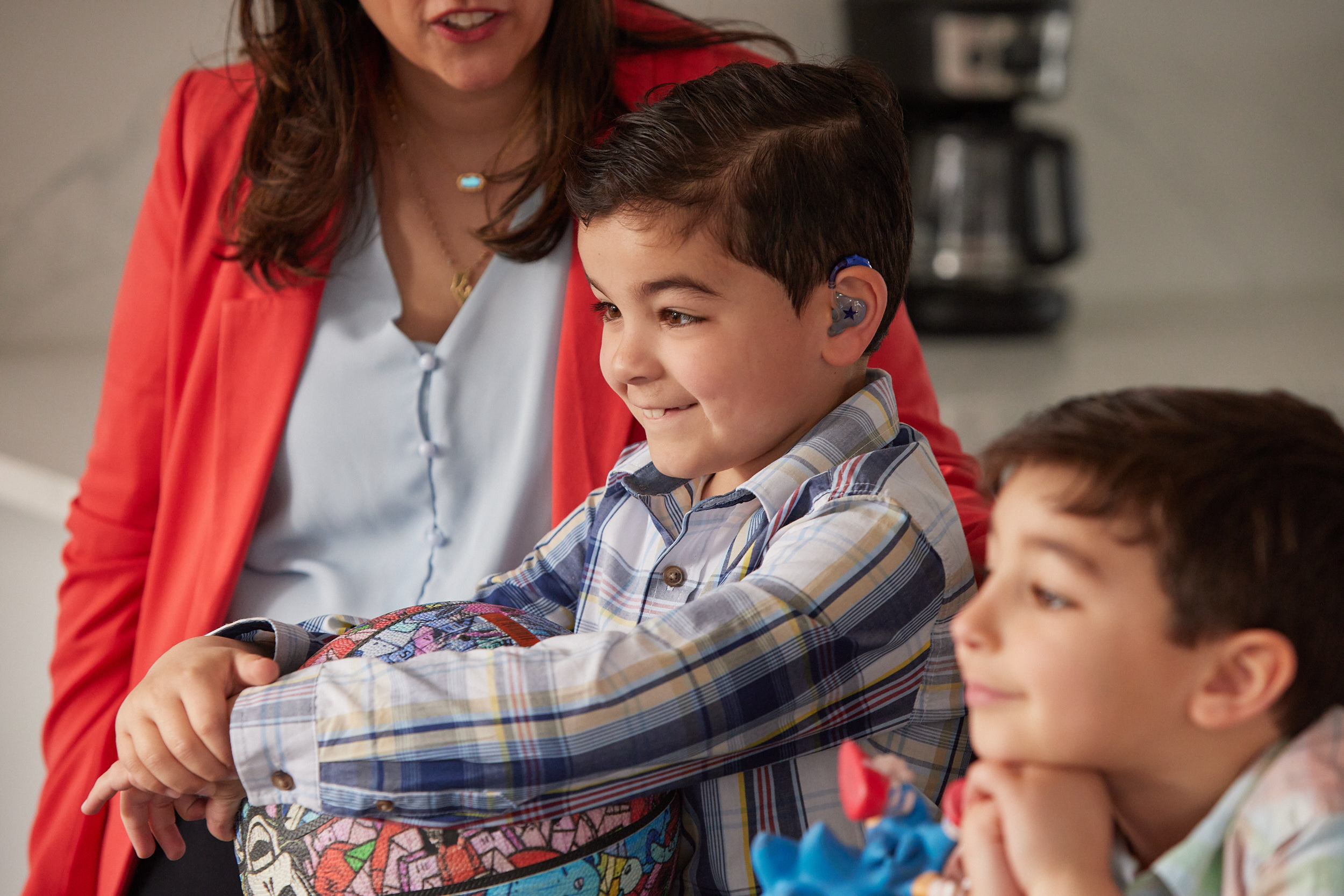
The advanced, specialized care that children’s hospitals provide make moments – like Joseph beating pediatric brain cancer – possible.
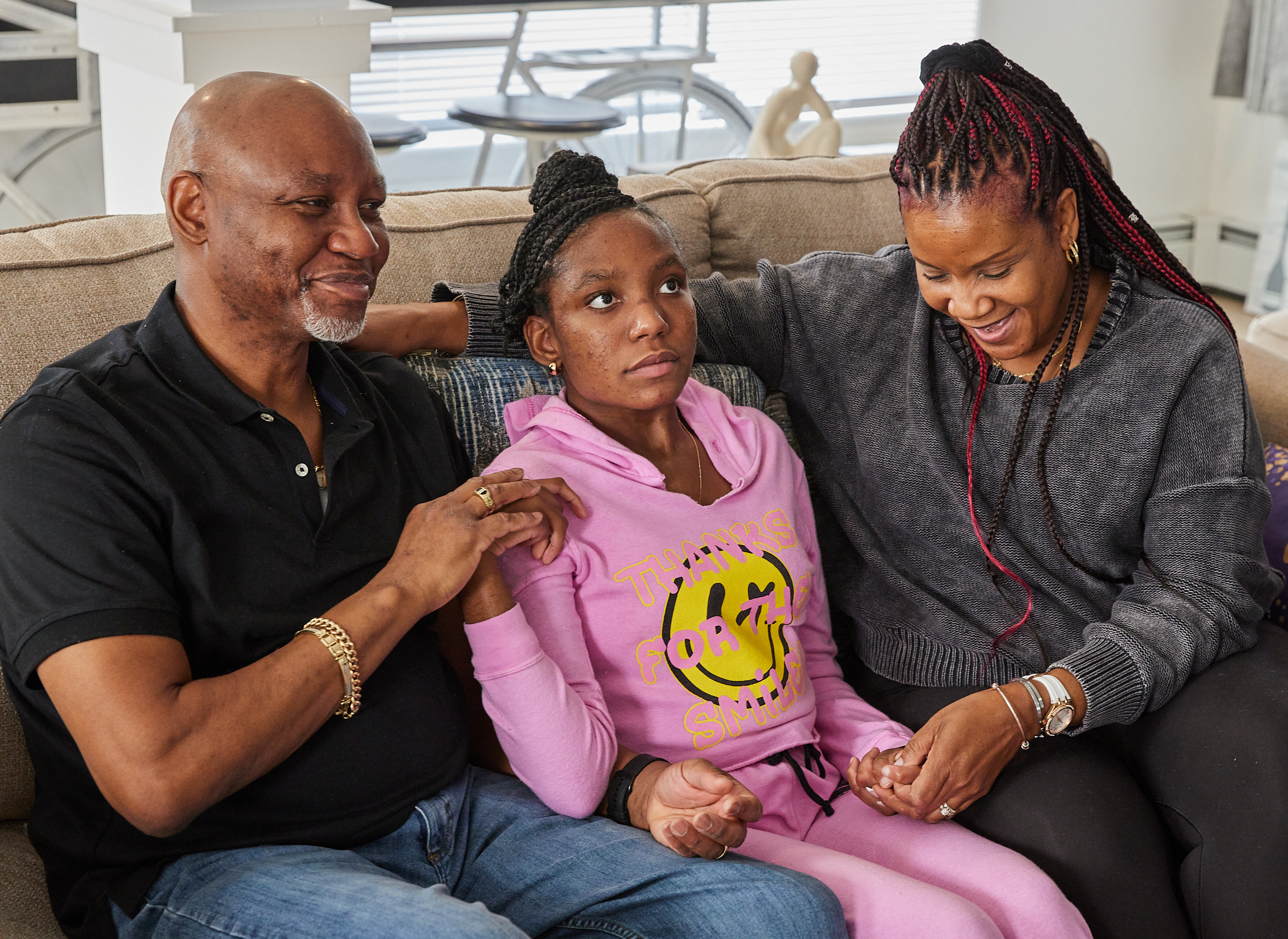
With care delivered by specially trained pediatric clinicians, in environments designed just for children, children’s hospitals help children and teens – like Daniella – navigate complex medical conditions.

When Sriansh was just three months old, his family grew concerned as he slept most of the day, arched his back, and could not control his eye movement. His parents brought him to Cincinnati Children’s, where he was diagnosed with AADC deficiency, a rare genetic disorder that disrupts dopamine and serotonin production in the brain. Sriansh’s family was told he might never walk, talk, or lift his head. But thanks to an experimental gene therapy clinical trial, his story took a groundbreaking turn. At just 16 months old, Sriansh became the youngest child in the world to receive a one-time gene therapy treatment, delivered directly into the brain through a minimally invasive surgical technique. His care team inserted an engineered virus carrying the missing gene, allowing his brain to begin producing the essential chemicals it lacked. Today, Sriansh is walking, running, and thriving because of this innovative clinical trial. This pioneering work helped lead to the first-ever FDA-approved gene therapy administered directly to the brain, offering hope for patients with rare genetic diseases once thought untreatable.
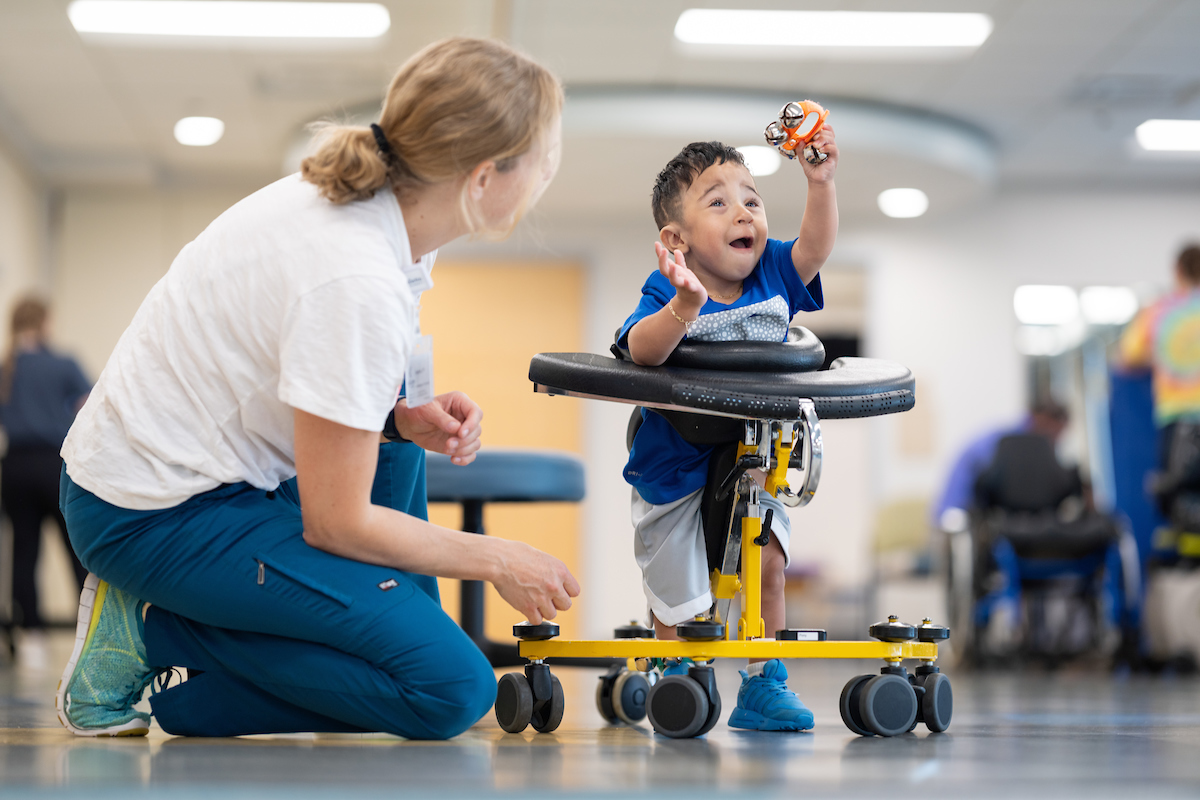
Shortly after Ernesto’s premature birth, nurses discovered he had cerebral palsy, a condition that affects movement, muscles, and posture. When Ernesto was six months old, his mother, Dalia, brought him to Gillette Children’s Cerebral Palsy Institute, one of the world’s top innovators in clinical care and research for patients like Ernesto. Here, he received an Infant and Toddler Development Evaluation to determine the best comprehensive treatment plan for his unique needs. As experts formed his treatment plan, the team outlined every medical service for Dalia, making her feel prepared and at ease. Now, at two years old, Ernesto regularly meets with an occupational therapist, physical therapist, and rehabilitation medicine physician. He continues to get stronger and exceed expectations. His therapists and physicians say he’s a delightful and social boy who works hard to improve his abilities. Today, Ernesto can be found zooming around on his gait trainer in the hospital’s therapy gym alongside his physical therapist. Dalia is excited to continue watching him grow and thrive with help from this team at Gillette Children’s.
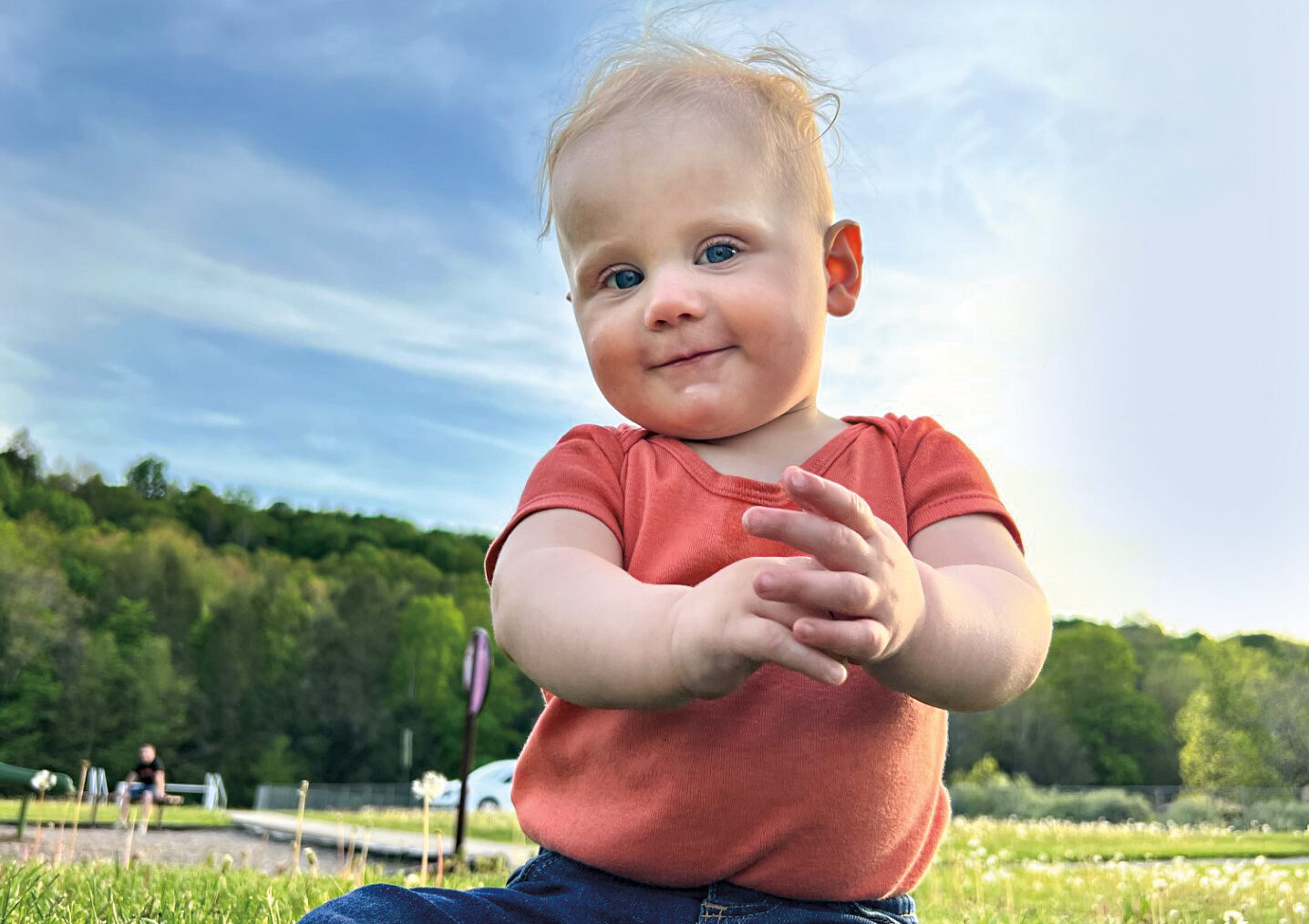
Because of a rare condition called Ebstein’s anomaly, Leo was born with a malfunctioning heart. His mother, Jessica, spent the first few weeks of his life consulting with physicians across the country, with some telling her there was no solution. Refusing to accept this answer Jessica kept searching, and soon arrived at Le Bonheur Children’s Hospital with 7-week-old Leo. Here, a cardiologist discovered a rare issue on top of his Ebstein’s anomaly. In most cases, the right side of the heart doesn’t function, but the left side works and supports the right. However, in Leo’s situation, neither side was fully functioning because of a large hole on the left side of his heart. The hospital’s surgical team performed a complex surgery to close the hole and restore function on the right side of the heart. Leo had a remarkable recovery and was discharged from the hospital less than two weeks after surgery. Today, Leo is healthy and happy, with his heart functioning in a normal range. Cardiologists will continue to monitor his heart, but he will most likely never need heart surgery again.

From a young age, Tracey knew her very rare congenital heart condition would prevent her from safely giving birth. However, she aspired to be a mother, and through in vitro fertilization (IVF) treatment, a gestational surrogate was able to carry her twins. The twins were at high risk of developing heart defects because of Tracey’s condition, and a 12-week ultrasound revealed that both twins, Riley and Emery, would be born with congenital heart defects. Immediately after they were born, the twins were rushed to the Cardiovascular Intensive Care Unit at Wolfson Children’s Hospital, where they received different procedures to support their unique heart conditions. Doctors determined that Riley would need heart surgery in the near future, and Emery would require surgery or catheterization once she’s four or five years old. The twins soon began recovering from their initial treatments and were able to go home just in time for a family Thanksgiving! Experts at Wolfson will continue to provide care as Riley and Emery grow up, ensuring they live vibrant and happy lives.
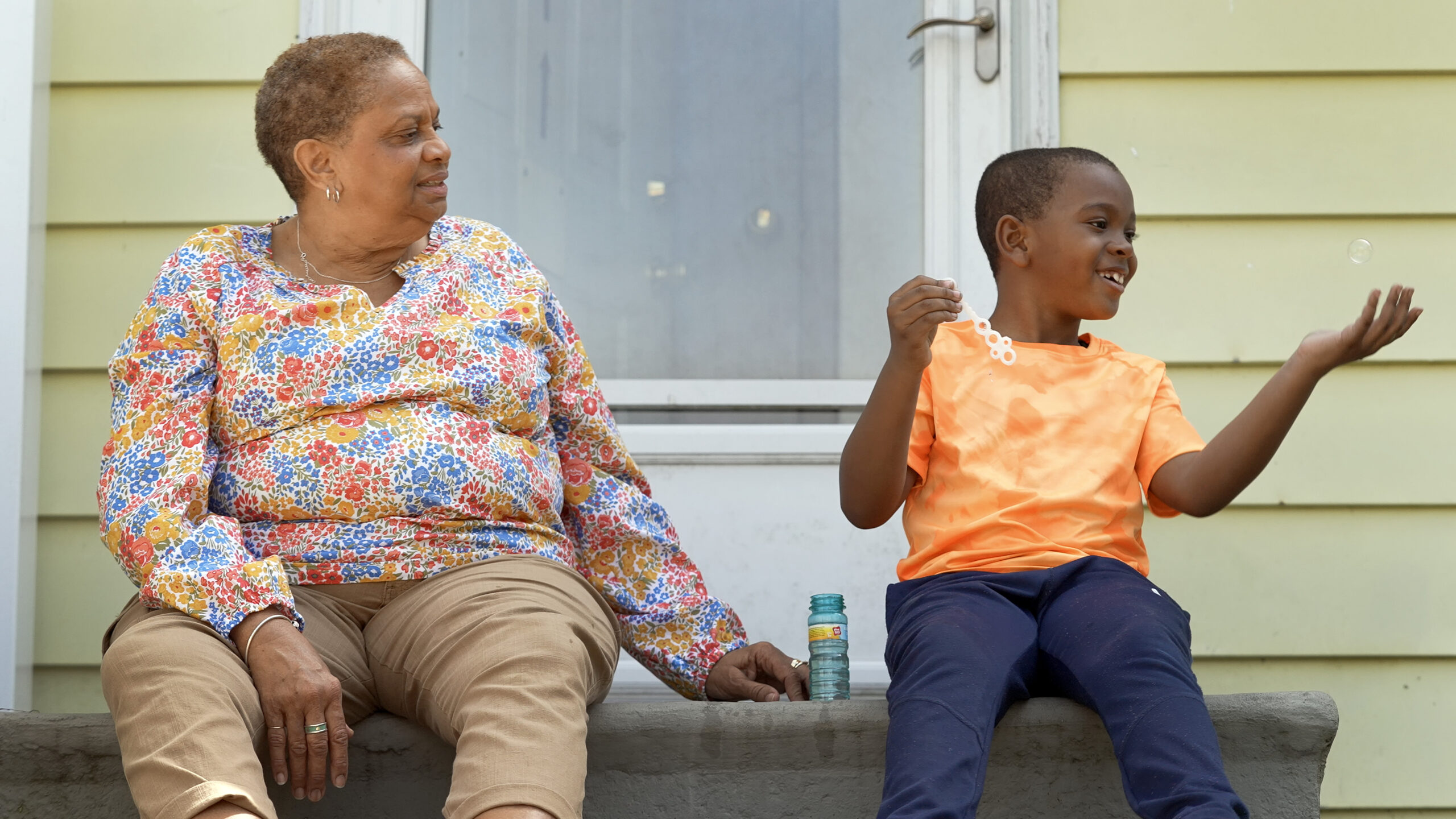
Christian had just turned two when his mother tragically passed away from years of battling with drug addiction. His grandmother, Donna, immediately became his guardian and felt helpless watching him struggle to process his grief, which led to trouble eating and even speaking. Once Christian started first grade, he began having traumatic flashbacks of his mother’s death and was having trouble managing those intense emotions. Donna knew Christian needed mental health counseling, but the high cost, months-long wait times, and far distances to care centers made it challenging to access the services he needed. Fortunately, Christian’s school has a school-based health center through Nemours Children’s Health, allowing him to talk to a therapist down the hall from his classroom. This program brought peace of mind to Donna and helped her understand Christian’s grief. It’s important to remember that grief often comes in waves, and people process it in their own unique ways. Programs like Nemours’ clinic break down barriers to mental health care access, ensuring kids receive the care they need to process new emotions and life events.
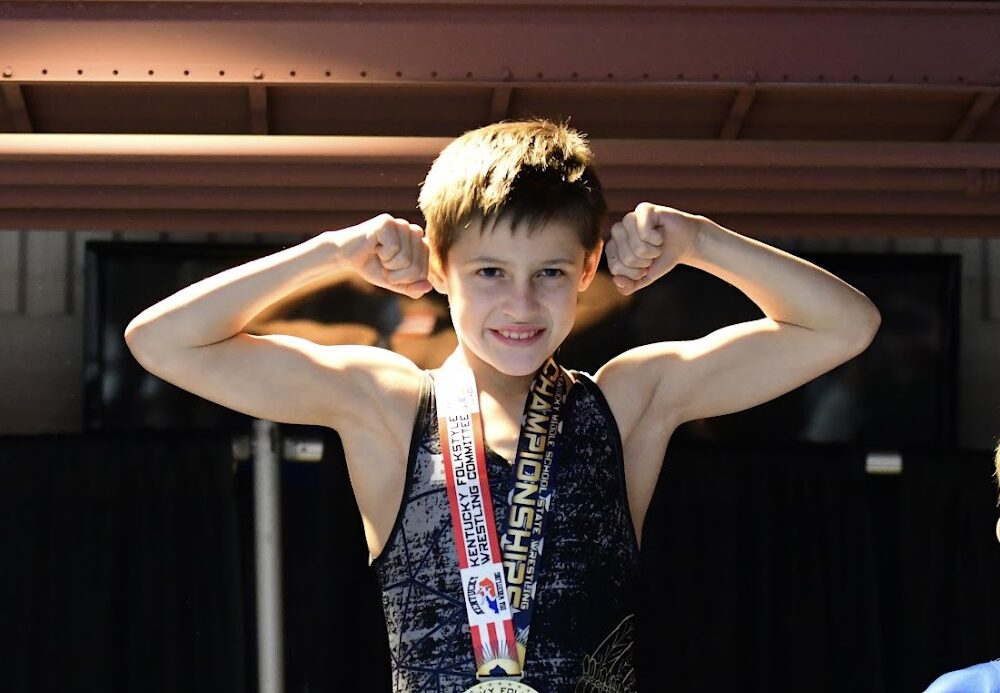
At only ten years old, Finland has worn so many foot casts that they fill a giant box at his house. This is because Finland was born with a significant congenital clubfoot abnormality on both feet. Luckily, he never needed foot surgery. Instead, his primary doctor at Cincinnati Children’s Hospital took a non-surgical route involving a series of cast corrections and braces to gradually correct his clubfoot. Nearly every week after Finland was born, he returned to the hospital for a new cast. Then, from 18 months to four years old, he only had to wear the boots while he slept. Once he was four, he was done with the braces and immediately took advantage of his functioning feet. From playing basketball and football to joining the wrestling team, Finland has become quite the athlete who’s always setting goals for himself. Now, Finland visits Cincinnati once a year for cast corrections, which he then wears for three weeks at a time. And at every annual visit, Finland sets a new goal to achieve over the next year!
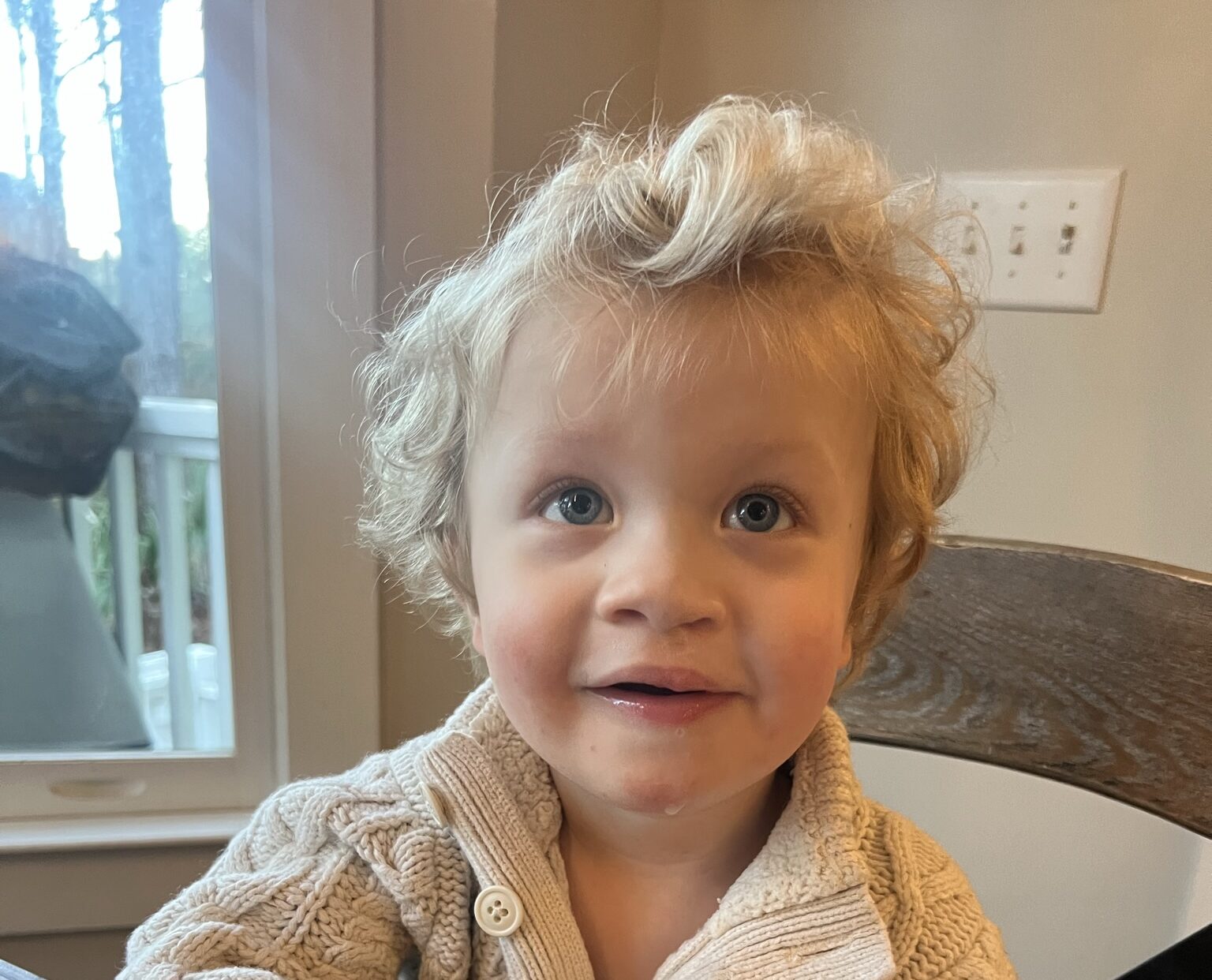
Caitlin’s pregnancy with Jack was going well until a 20-week ultrasound revealed cleft lip and palate. After learning that this condition can cause problems with feeding and speaking, among other complications, Caitlin and her husband Patrick were scared for what the future might hold. Thankfully, they found a doctor at MUSC Shawn Jenkins Children’s Hospital who walked them through all the surgeries, speech therapy, and other treatments Jack would need. But as Caitlin neared her due date, she was diagnosed with a hypertensive disorder, causing Jack to be born early at 36 weeks. He spent his first three weeks in the NICU, and after he came home, he prepared for his two cleft surgeries. The surgeries went well, and now, as a toddler, Jack is an adorable curly-haired boy who is developing and talking normally. Jack will continue to visit the team at MUSC to combat any complications that may occur as he grows and develops.